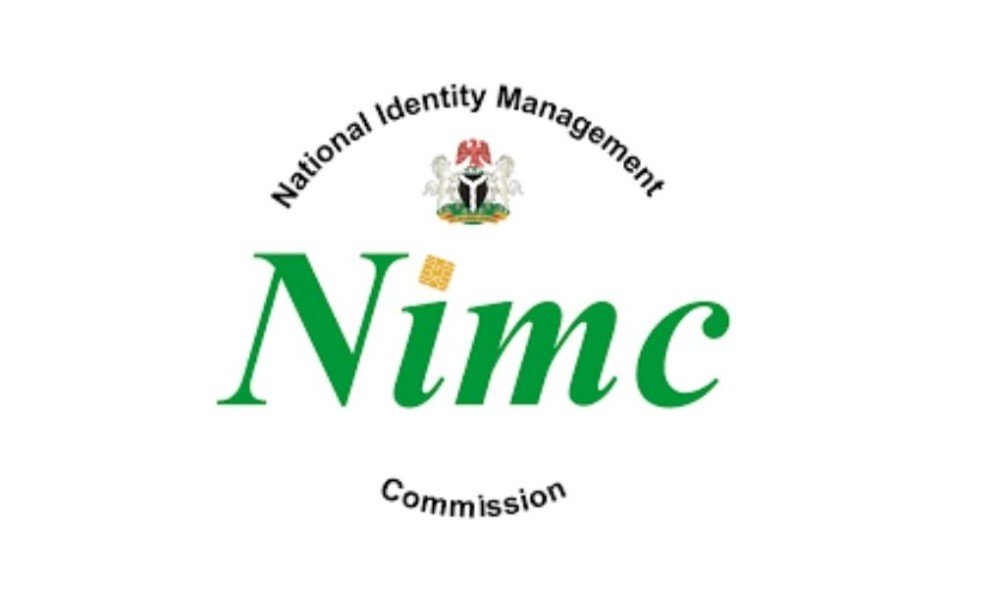The Mandatory Use of the NIN in Everyday Transactions and Matters Arising

The recent emphasis by the Nigerian Government on the mandatory registration and linkage of the National Identification Number (“NIN”) to all sim cards owned by Nigerians under various network providers operating in Nigeria is not entirely new.
The National Identity Management Commission (“NIMC”) was established in 2007 pursuant to the NIMC Act to create, manage, maintain and operate a unified National Identity Database for Nigeria. In order to achieve this, the NIMC is mandated with the duty of the registration of all registrable persons in Nigeria and thereafter the issuance of a multipurpose National Identity Card bearing a NIN to each registered person.
The NIMC Act provides that the registration of all registrable persons in Nigeria is compulsory. According to Section 16 of the NIMC Act, registrable persons include:
- Any person who is a citizen of Nigeria;
- Any person who is lawfully and permanently resident in Nigeria, whether or not he is a citizen of Nigeria;
- Any non-citizen of Nigeria who is lawfully resident in Nigeria for a period of two (2) years or more.
The registration process applies to all persons irrespective of age. Hence, all persons born in Nigeria since the introduction of NIN are required to be registered within sixty (60) days of his/her birth or at any time after this period not exceeding one hundred and eighty days or any other period as the NIMC may specify from time to time by regulation.
In order to cater to persons born outside of the country or living outside the country the NIMC initiated the Diaspora Enrolment Programme and licensed some information technology companies who, working with some foreign partners, are to carry out the enrolment of Nigerian adults and children in the Diaspora into the National Identity Database.
In order to ensure the mandatory registration and use of the NIN, the NIMC in 2017 introduced the Mandatory Use of the National Identification Number Regulations 2017 (the “Regulations”). Pursuant to the Regulations, it is mandatory to provide the NIN for a number of transactions and in the preparation of several agreements and contracts.
Regulation 1 of the Regulations provides that in accordance with the provisions of Section 27(1)(l) of the Act, the use of the NIN is required mandatorily in the following transactions:
- Registration for and provision and use of hospitality services;
- The purchase of aircrafts, ships, boats, motor vehicles and motor cycles;
- Registration and use of aviation services by airline operators and customers;
- Purchase of travel tickets or tokens for air, rail, road and water transportation;
- Boarding of aircrafts, trains, commercial vehicles, ships and boats;
- Registration and purchase of insurance policies;
- Acquisition, sale or transfer or transmission of shares or equities and other financial instruments;
- Recruitments for temporary and permanent employment;
- Enrolment or registration for internal and external examinations with educational and examination boards;
- Enrolment into primary, secondary and tertiary schools and continuous professional studies in Nigeria;
- Registration and membership of professional bodies
- Registration and licensing of cybercafé operators;
- Purchase and registration of telephone SIM Card and other communication devices;
- Tax identification
- Issuance of birth certificates, driver’s license, registration of voters, operating a bank account, obtaining and processing of probate documents
The above listed and a lot more are transactions which mandatorily require the use of the NIN.
Pursuant to the Regulations, in order to ensure strict compliance with the NIN requirement under the Act and the Nigeria Biometrics Standard Regulations 2017, the Commission is to provide a standard reporting format for all agencies with statutory functions which requires identity management, to log in compliance reports to be submitted to the Commission monthly and the content of the report shall include; specific compliance with the above stated regulations, the number of identifications added to or renewed on the identity database of the agency, areas of non-compliance, reasons for non-compliance and a mandatory undertaking to comply before the due date of the next report and such other information which the Commission may consider necessary.
In exercising its enforcement and compliance powers, the Commission may also take certain steps which include;
- Demand for evidence of compliance from persons, public or private institutions and organizations;
- Caution a non-compliant person or entity in writing;
- Sanction a non-compliant person or entity by the imposition of administrative fines;
- Institute criminal proceedings against a non-compliant person or entity through the Office of the Honourable Attorney-General of the Federation or by instituting civil actions against the defaulting persons or entity;
- Obtain a Court warrant to seize or detain any book, record, document or other information storage system used for the creation of the identity or used as an identity database which does not conform with the Act.
Other enforcement measures are contained under Rules 6 and 7 of the Regulations.
The objective behind the NIN initiative is commendable, however, better and more efficient measures should be employed, especially in view of the Coronavirus (Covid-19) pandemic, to ensure all Nigerian citizens register and obtain their NINs with ease and without causing a further spread of the Covid-19 virus.
Additionally, the enforcement measures employed or to be employed by the Commission to ensure compliance with the Regulations by statutory bodies and other entities which manage identities, need to be reviewed to facilitate for inter-agency cooperation and avoid duplication of efforts. Nigerians should not have to provide the same information to multiple agencies.
Achieving the objective of the Commission will enhance national identity data record-keeping and management. Also, a robust national identity database may prove significantly useful in solving crimes, maintaining proper registries and other similar records which ensure the smooth operation of various statutory bodies who require data relating to citizens and residents for their operations.
Particularly, an efficient data management system will prove vital in combating electronic fraud and promote transparency in digital transactions within the country.
In conclusion, it is important to stress that all entities charged with maintaining identity registers must of necessity consider adequate measures to achieve strict compliance with the Nigerian Data Protection Regulations and other laws or regulations relating to the rights of data subjects.













